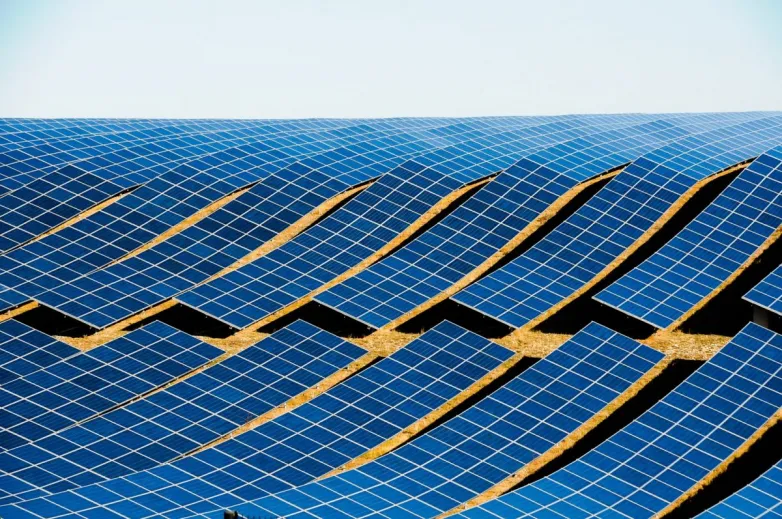Developers want customizeds responsibility on photovoltaic panels delayed
- The Solar Power Developers Association (SPDA) stated 1 year guard duty extension had already caused escalated capital prices. Any type of extra tariff obstacles would certainly endanger the Government's '100 GW by 2022' target.

India's Solar Power Developers Association (SPDA) has prompted the Government to reevaluate imposing basic customs duty on solar cells as well as modules.
The designers desire the responsibility to be postponed by 18 months as the safeguard responsibility on solar cell imports has actually currently been extended by a year. The guard responsibility on Chinese, Vietnamese, and Thai solar cells-- whether put together into modules or otherwise-- uses at 14.9% for the very first 6 months prior to falling to 14.5%.
According to SPDA, safeguard duty has already led to an escalation in capital costs, and also any extra task can threaten the Government's plan of having 100 GW of solar capability by 2022.
" The guard task on cells as well as modules has been extended by a year recently, hence setting added toll barriers at this phase is not ideal as it will damage the market's potential customers. As a result, SPDA advises the charge of BCD be delayed by 18 months to ensure that financial concern on already bid out projects of capacity around 50 GW can be prevented," stated SPDA.
The basic customs obligation has been under exemption since March 2005 to make solar energy competitive and economical for end-users. In a promote the self-reliant solar sector, the Indian government is now considering imposing a standard custom-mades task of 20-25% on imported photovoltaic panels. The tax will certainly rise to 40% within a year.
Programmers say the boosted prices as a result of added responsibility shall cause the higher power purchase price for Discoms, translating right into higher tolls across different end-users. "The influence in the manufacturing market's instance is specifically visible, as boosted tariffs straight influence their operating costs that influence their competition in the global market," according to SPDA.
" Imposing 2 tasks simultaneously on one item is not only unfair yet also detrimental to achieving the target of 100 GW of Solar Power by 2022. Consumers must gain from inexpensive and clean power possible through Solar Energy-- the charge of responsibilities and tax obligations would certainly have a cascading impact on power prices as well as can negatively affect the wellness of Discoms," DG SPDA Shekhar Dutt said.
Ideas
According to SPDA, there is a serious danger of cartelization if BCD enters into force while demand for solar PV equipment continues to be more than residential manufacturing capability.
The industry body has actually promoted a more extensive method that prioritizes indigenization of the entire worth chain.
"Even with residential production of cells as well as modules, upstream part of the worth chain, i.e., polysilicon, ingots, and wafers, representing 30-35% of the complete expense, will continue to be imported. Therefore, the policy needs to target indigenization of the whole worth chain," mentioned SPDA.
"Further, instead of making task applicable to 100% of imports, choices have to be checked out to tax obligation just incremental imports, i.e., the quantum of modules uncatered by residential makers. This incremental capability will certainly taper down with a rise in residential ability. In addition, even more manufacturing-linked tenders need to be released by the Government to improve domestic manufacturing in India," it included.
Also read

